Home Inspection: What to Know Before Buying a House
A home inspection is a vital part of the homebuying process. While the excitement of purchasing a new home can often lead to rush decisions...
3 min read
 Twin Cities Habitat for Humanity
:
10:45 AM on March 16, 2021
Twin Cities Habitat for Humanity
:
10:45 AM on March 16, 2021
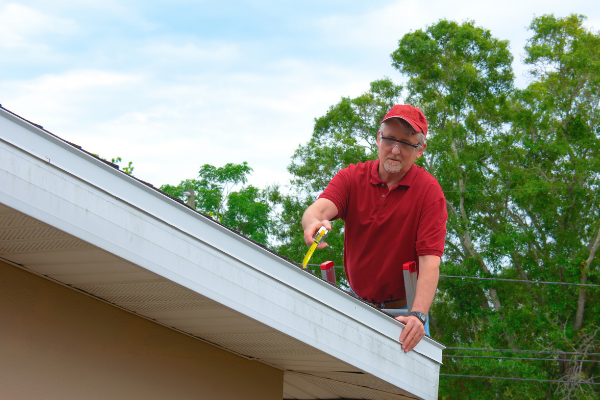
To land their dream home in today’s ultra-competitive real estate market, buyers are making unexpected compromises. Making offers without ever walking through the door or adding escalation clauses to increase their price based on what other people are offering are just some of the compromises buyers are making more often. But a thorough home inspection is one part of the offer you should never compromise on. The inspection is a key part of determining if you’re buying a great investment or a money pit.
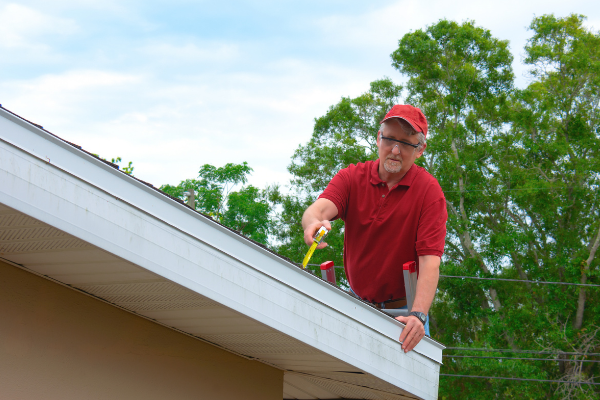
One of the most overlooked parts of a home inspection is the roof inspection. Major roof repairs can cost anywhere from $5,000 to $15,000 or more – money that most first-time homebuyers simply don’t have laying around. A roof inspection can tip you off to costly problems before you sign.
A general home inspection is an overview of any obvious, objective flaws in a home. For that reason, a home inspection might reveal obvious trouble about your roof, like missing or curling shingles, missing flashing, water damage (current or previous), structural integrity, and major damage. (If a home inspection reveals any of those, you should talk to the seller about what repairs have been done in the past.)
But a general home inspection won't give you an idea of every single problem the roof might have. If your home inspector notices something they can't explain, or sees signs of a larger problem, they'll probably recommend that a roofing contractor perform an additional roof inspection. (Even if they don't, it's never a bad idea to get one. The last thing you need after closing is a $15,000 invoice and weeks of work tying up your home and budget.)
It goes without saying that roofing contractors are the experts here. They’re specially trained in what to look for and what areas might need work. They can tell you if the roof needs to be replaced and how much that replacement might cost. Most reputable roofing contractors will do an inspection for the cost of the trip (and sometimes at no cost) with the hopes of getting more business if the roof does need to be replaced.
A note about the process: The “inspection period” refers to the timeframe when a buyer completes inspections on a home. The inspection period is usually about 10 days, but the exact time will be spelled out in the home's purchase contract. Any additional negotiation between the buyers and sellers must occur during this inspection period, so it’s important that you act quickly. You’ll need to find a contractor, get the roof inspection done, and negotiate any issues with the seller within the inspection period. If you have trouble finding a roofing contractor, ask your real estate agent for a recommendation.
As a homebuyer, the decision of how to handle a bad roof inspection starts with you. What are your options if you love the house but don't have the budget to replace a $10,000 roof? You might try one of these routes:
If you enter negotiation, just remember: everyone involved in the sale (buyers, sellers, agents, and lenders) wants to close on the house. So while negotiations can feel intense, they typically end with an acceptable outcome.
A bad roof isn't a death sentence for your dream home, but it's vital to know what's in store before you find yourself stuck with a huge disappointment, big bills, and a bad roof.
Your gift unlocks bright futures! Donate now to create, preserve, and promote affordable homeownership in the Twin Cities.
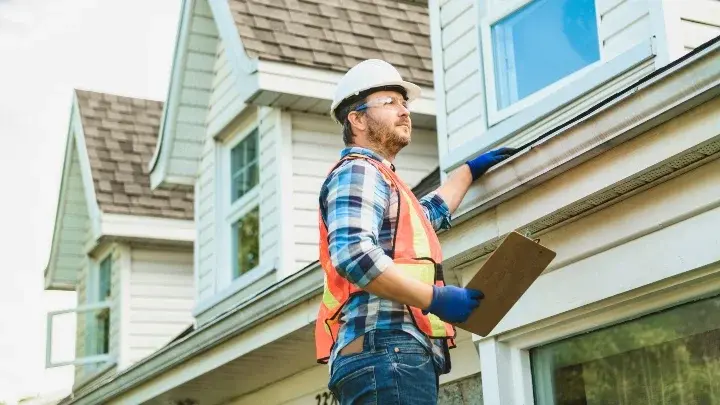
A home inspection is a vital part of the homebuying process. While the excitement of purchasing a new home can often lead to rush decisions...
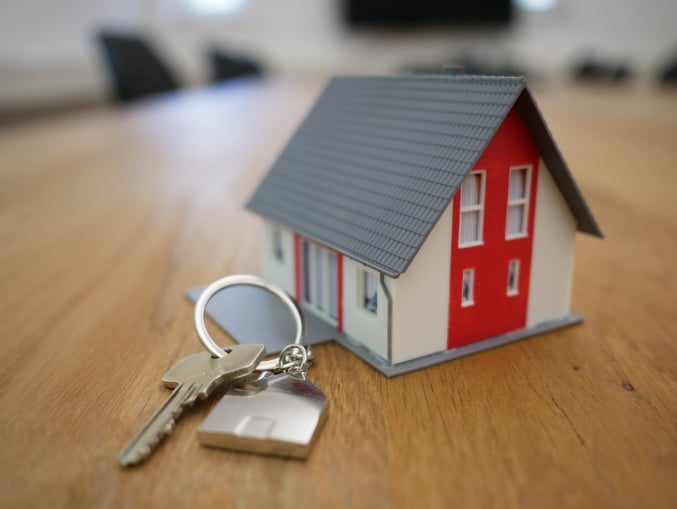
Whether 2022 will be another frenzied year in real estate or things finally cool off a bit, finding strategies to actually get your offer accepted...
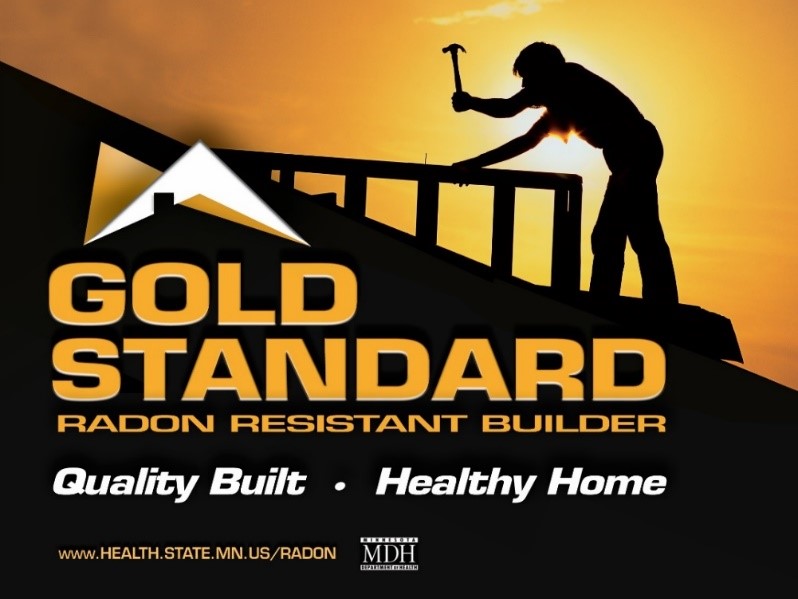
As a Gold Standard Radon Resistant Builder and January being National Radon Action Month, Twin Cities Habitat for Humanity encourages all households...